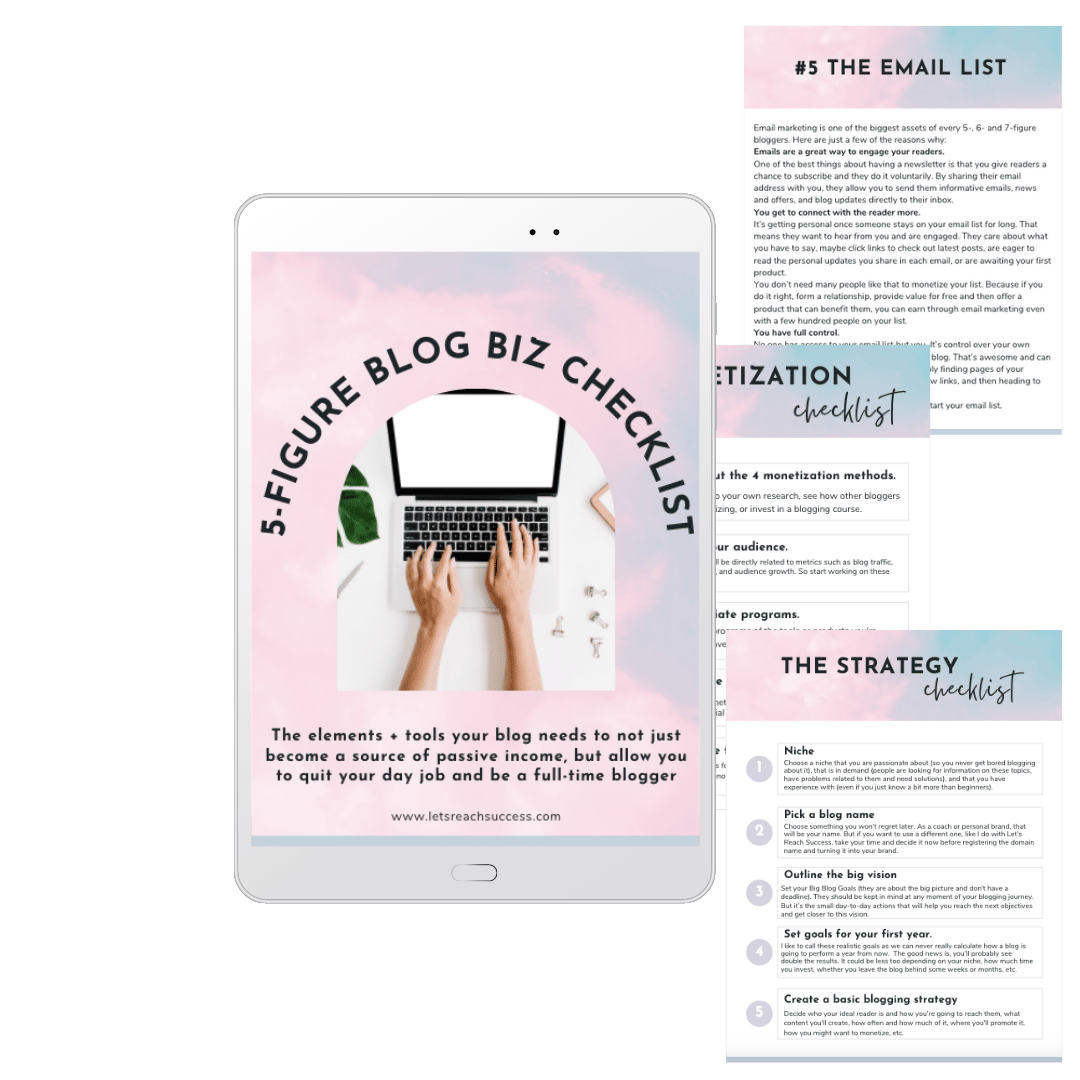Getting loan will be so easy after following some tips.
Many people find it difficult to get approved for loans that aren’t mortgages and car loans. This is because they’re unsure of what kind of loan they need or they have a poor credit score. Instead of worrying about loan approval rates, you should do some research and self-evaluate.
Credit score plays a major role in the loan approval process because it shows how financially responsible you are. After deciding on a loan and raising your credit score, you’ll be able to meet the lender with confidence and start borrowing.
Keep on reading to learn more about how to get approved for a loan with these tips!
Loan Approval Tips
1. Figure Out Which Loan You Need
One of the first things you’ll need to do before thinking about loan approval is figure out what kind of loan you need.
A variety of loans exist that are used for different things, so you must ensure that you apply for the correct one. This will increase the likelihood that you’re approved and it will be easier to do what’s needed.
Unsecured Loans
Unsecured loans are loans that don’t provide the lender with collateral. These can be acquired by most banks and credit institutions as they’re what most people think of when they think of loans.
Some common unsecured loans are credit cards, student loans, and personal loans. Unsecured loans can often be used for anything, but student loans are meant to be used solely for educational expenses.
Secured Loans
Most people are familiar with secured loans as mortgages and car loans are taken out regularly by the average person. Secured loans provide the lender with collateral as they use whatever the person is borrowing money for to make their money back.
When you take out a mortgage, you’re giving the lender the ability to take your property and sell it if you fail to make payments. While this may seem drastic, you can typically find better loan APR rates and get longer payment periods with secured loans. You’ll also be able to borrow a larger amount of money.
 2. Raise Your Credit Score
2. Raise Your Credit Score
After you’ve figured out what kind of loan you need, the next thing to do is take a look at your credit score.
Lenders want to see that you have a good credit score because it shows that you’ve had a positive history with borrowing.
Many people have the misconception that if they don’t borrow at all, they’ll have a good chance of getting approved for a loan.
Most lenders won’t give out a large loan to someone with no experience, though. This is why things like credit-building credit cards have been introduced.
3. Reduce Your Debt
The most effective way to raise your credit score is to reduce your debt. This can be done by putting your focus on the debt with the largest interest rate.
While paying that off, make minimum payments on your other debts so that you don’t default on your loans.
4. Borrow Less Often
While you’ll need to start borrowing money if you’ve never borrowed, you shouldn’t do it often. Getting something like a credit card makes borrowing convenient, but lenders don’t want to see that you’re maxing out on your line of credit. Instead, make small purchases and reduce your spending.
Borrowing too often can hurt your credit score because it will make you look as though you’re financially dependent on borrowed money.
5. Use a Credit Card
Credit should be a tool, not something to rely on. Instead of applying for individual loans, you can apply once for a credit card and continuously borrow money.
Credit cards provide revolving debt, allowing you to borrow for as long as you make payments.
Using a credit card to raise a credit score is more effective for someone that has a fresh score of around 650. Once you start breaking 700, your card won’t do that much for you unless you have a high line of credit.
6. Meet the Lender
Loan approval rates vary depending on where you go because it’s up to the lender as to who gets approved. Even if you look good on paper, you’ll still need to meet with a lender so they can learn more about you.
However, understanding loan approvals will give you confidence as lenders typically want to know a few things.
When meeting the lender, you’ll want to look presentable. You should also bring all documents relating to your financial history. Lenders will ask you about your income and current debt, so having documents with you will make it easier to look something up when needed.
Even if you’re credit score isn’t that great, lenders will feel more confident giving someone money that’s working on raising their debt.
If you’re applying for a general personal loan, you’ll need to explain to the lender the reason that you’re applying. You usually won’t need to do this when applying for something like a mortgage because the lender will know that you’re trying to buy a house.
Many lenders offer online options to get a loan quickly, so look into your local lenders to see if anyone offers these. However, you may have to speak with someone over the phone so they know who they’re dealing with.
No matter what kind of loan you want to get, following these loan approval tips will guarantee that you can get the money you need. Start by gathering documents that show your income and loan information. From there, you can start looking into loan providers.
Browse our articles to learn more about personal finance!

